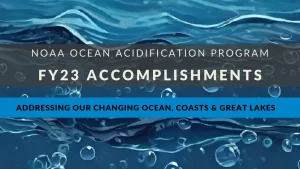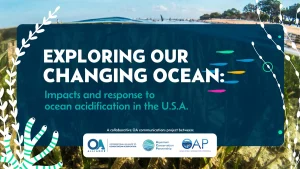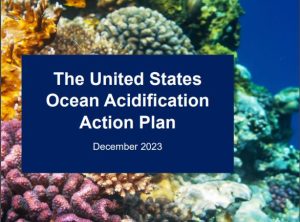Ocean Acidification International Coordination Centre (OA-ICC)
Main Purpose
One of the activities of the IAEA’s Peaceful Uses Initiative (PUI) project ‘Ocean Acidification International Coordination Centre’ (OA-ICC) is to facilitate actions to develop common international data formats, coordinate existing efforts and promote data access and sharing within the ocean acidification research community. To this end, the OA-ICC has worked in close collaboration with Xiamen University (China) and the Germany-based Data Publisher PANGAEA to compile published data on the biological response of ocean acidification and make them openly accessible. The Consultant will maintain the OA-ICC Data Compilation in the capacity of Data Curator, and will work with above-mentioned organizations.
Functions / Key Results Expected
The subscriber shall
- Search the OA-ICC News Stream for relevant articles to include in the OA-ICC Data Compilation according to predefined criteria;
- Request relevant data from authors;
- Recalculate the carbonate chemistry using the R computing platform;
- Prepare and archive the data using the data publisher PANGAEA;
- Maintain close contacts with scientists working in the field of ocean acidification, as well as with personnel at PANGAEA;
- Reply to ‘OA-ICC Data Compilation’ user requests;
- Contribute to data products to promote and increase the visibility and use of the OA-ICC Data Compilation as needed;
- Continuously improve data compilation as needed (e.g. adding parameters);
- Prepare for development of data portal by allocating keywords to data sets.
The full announcement can be found here.





